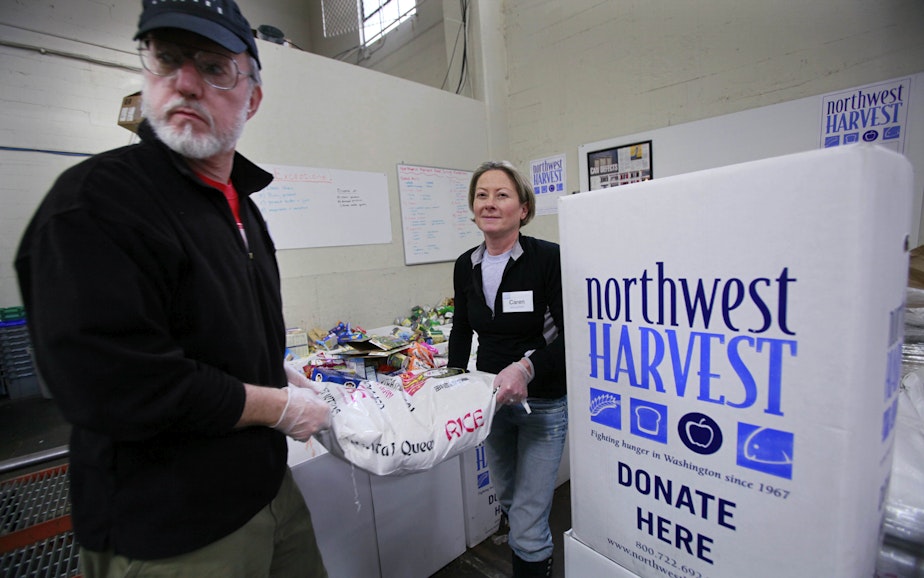100K Washingtonians could lose food stamps under proposed SNAP changes

State leaders say proposed changes to the Supplemental Nutrition Assistance Program(SNAP) would harm Washington’s most vulnerable.
Right now, Washington state has the ability to waive work requirements for some people. New rules would change that, requiring many more participants to work at least 20 hours a week to maintain their SNAP benefits.
Nearly 100,000 people in Washington state could have their food stamps cut off under a proposed change to the program. SNAP currently provides basic food to more than 920,000 people in the state. The Trump administration says the plan would save taxpayers $15 billion over a decade.
Christina Wong, director of public policy for Northwest Harvest, says the proposal doesn’t account for the complexity in the lives of SNAP recipients.
“They face significant barriers to finding jobs: 43 percent are homeless another 60 percent have behavioral or physical condition that create barriers to work including needing substance abuse treatment,” Wong said.
Last week, Washington Gov. Jay Inslee sent a letter to U.S. Secretary of Agriculture Sonny Purdue objecting to the proposal.
Sponsored
Wong says Washington already has a robust training and work program that could suffer under the current proposal.
“The rule would undermine Washington’s system because it will broaden the scope of people who have to be complying with this work requirement without increasing funds for our employment and training system,” Wong said.
Wong says she's hopeful that comments submitted by the public will force federal officials to delay the rule.




